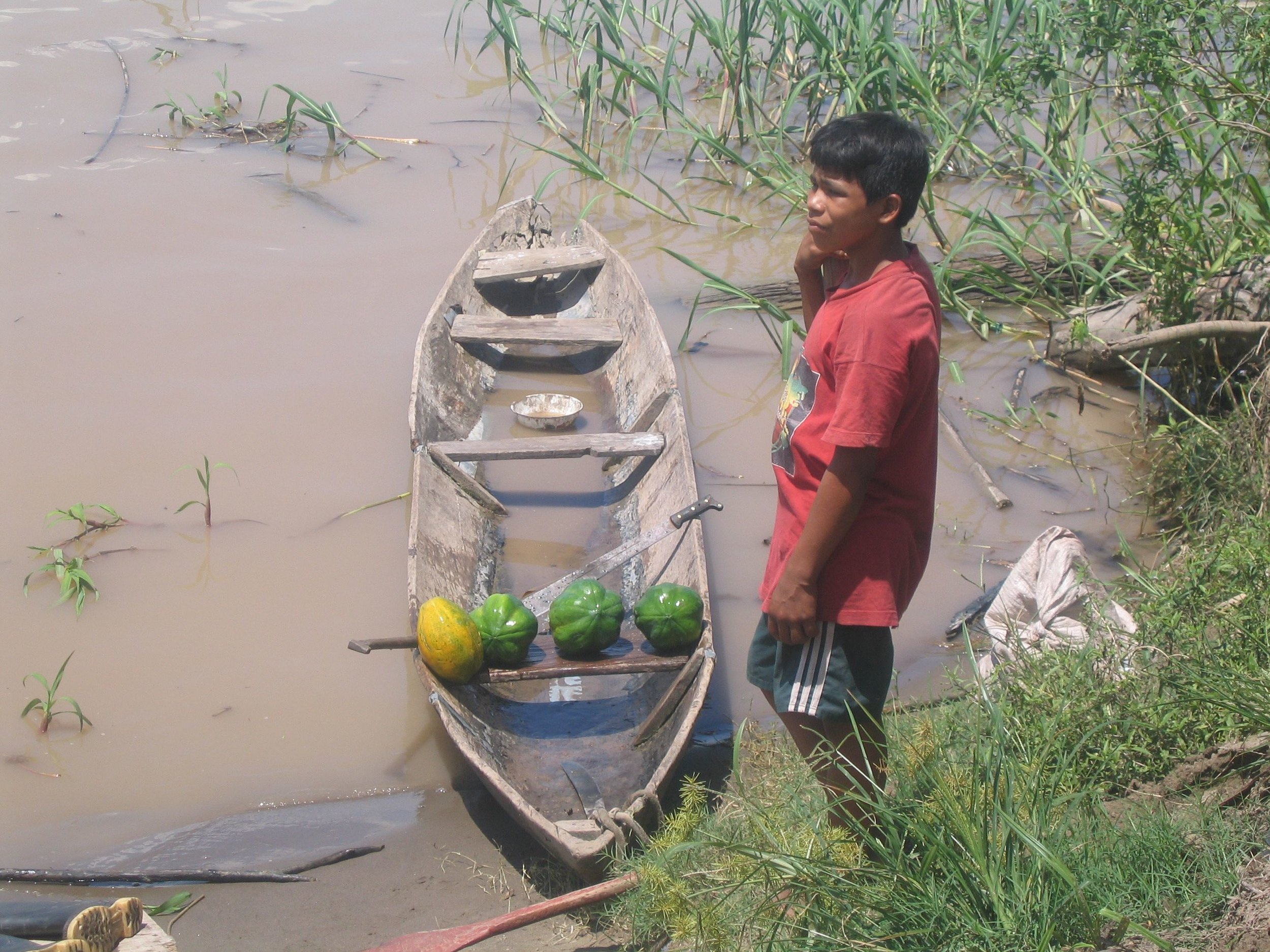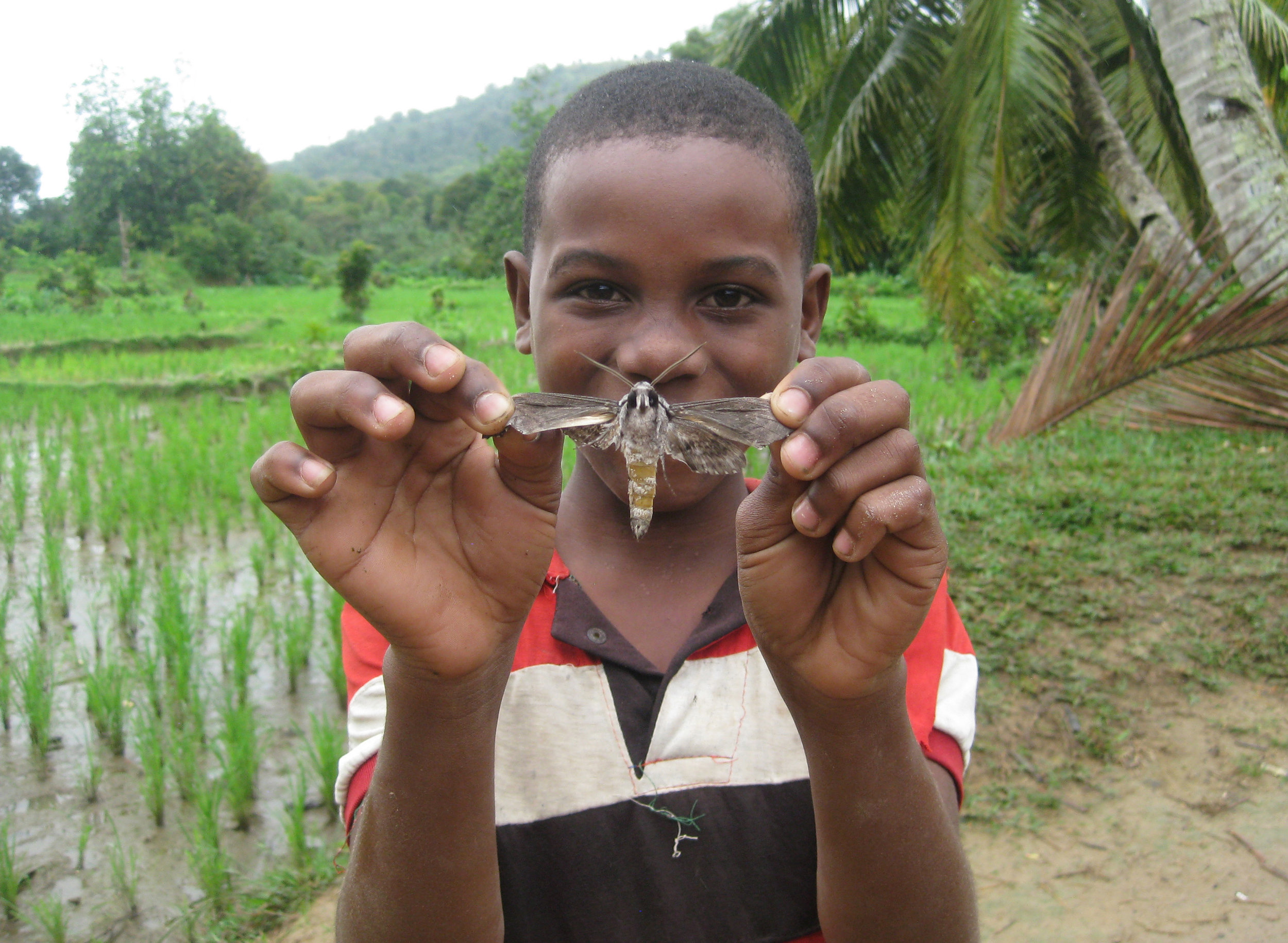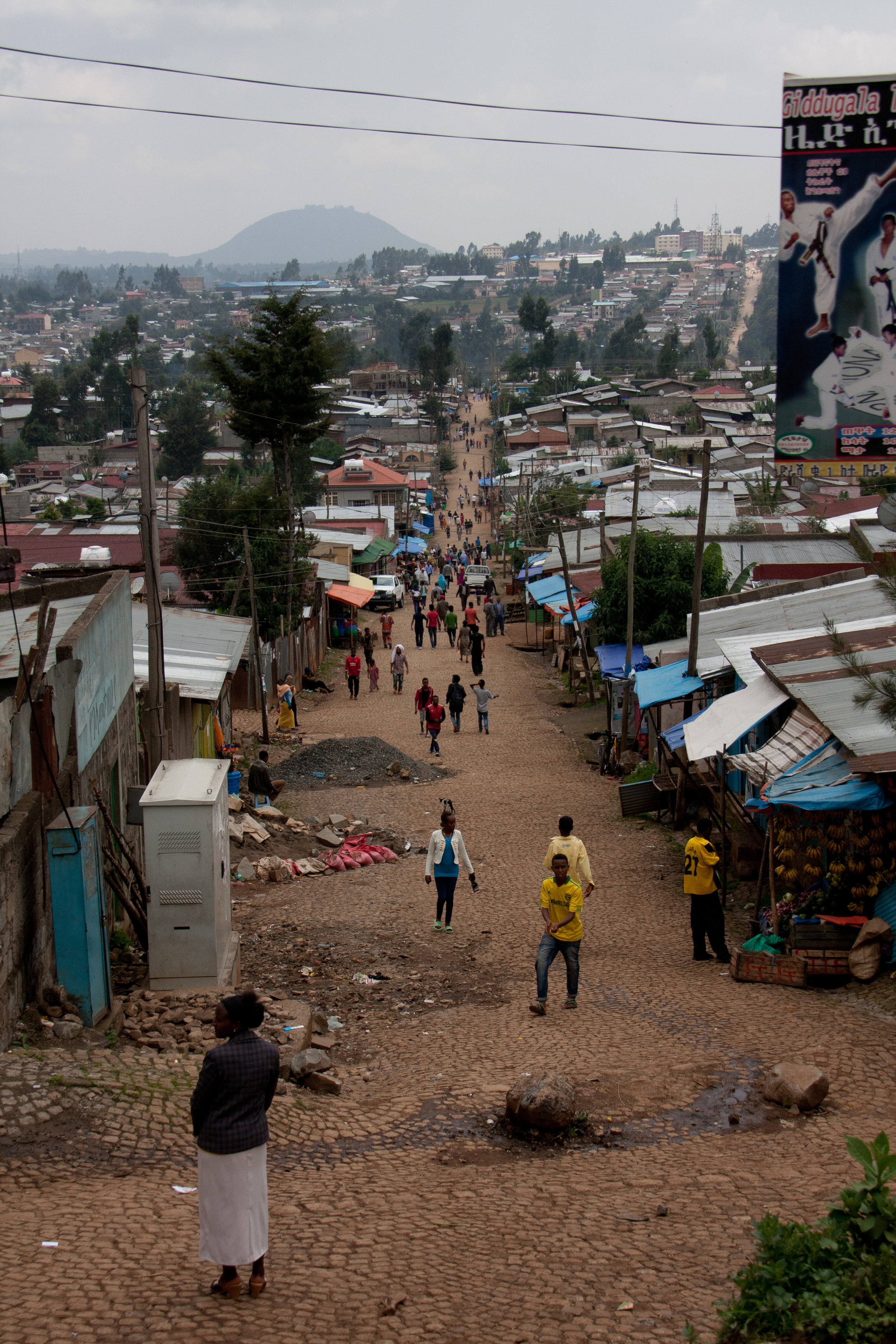What We Do
We pair with communities and organizations that have identified a need for enhanced capacity to address connected challenges at the human-animal-environmental health interface, while promoting the conservation of local ecosystems and biodiversity through community-led programs.
Our activities focus on reinforcing connections between human, animal, and ecosystem health and contribute to integrative efforts that seek to improve food and livelihood security, expand opportunities for women and children in health, animal care, and environmental conservation.
Women and cow in Nepal - Photo Terra Kelly
Our Approach
Every project we take on is done so at the request or invitation of the communities or organizations with whom we partner. Our approach is collaborative and participatory. In the initial project development stage, we meet with local and regional stakeholders to better understand the animal health landscape and leverage opportunities to develop integrated solutions with local and regional specialists in animal health, environmental conservation, public health, eco-agriculture, and community development and enterprise. Working with local communities and a cross-sectoral team of stakeholders, our interventions rely heavily on community engagement, indigenous knowledge, and local ingenuity. Applying a One Health approach, our team covers a range of issues linking species-wide health, livelihoods, and conservation.
Services Provided
Zoonotic disease risk mitigation
Health & Environmental scenario planning. Surveillance, prevention, response covering species-wide and ecological health
Enhancement of health delivery systems, communication, and infrastructure
Community One Health training with focus on gender equity
Capacity enhancement of veterinary and health services
Enhancement of wildlife health and biodiversity conservation through participatory, cross-sectoral planning and implementation
Dr. Miharifetra administers newcastle disease vaccine to a chicken in northeast Madagascar
How We Do It
Matching - We pair with communities and organizations that have identified a need for improved animal health and desire a more integrated solution to issues connecting poverty, public health, food insecurity, and environmental conservation.
Needs Assessment - Once matched with a community or organization, we conduct a participatory rural appraisal to determine what is working and what is not working in terms of current systems, practices, and traditions that directly or indirectly affect the animal-human-environmental relationship.
Stakeholder engagement - With the help of our on-site collaborators and the participating community, we endeavor to develop a clear understanding of the stakeholder landscape and animal health infrastructure. Through interviews, meetings, and presentations, we balance the interests of relevant parties at the local, regional, and national levels to create integrative solutions through enduring, cross-cutting partnerships.
Research - We conduct epidemiologic research utilizing information gathered from community surveys as well as health and environmental data to identify the causal factors and distribution of the primary health-related problems of the area. Working with interdisciplinary experts and the local community, we determine the most pratical and comprehensive strategy to abate and prevent the identified health issues.
Health Delivery System - Operating within the regional health care framework, we work with stakeholders and the community to develop the most effective and sustainable method of delivery of the proposed health intervention by investing in local resources and harnessing community ingenuity.
Community Animal Health Workers - In rural communities where veterinary care is non-existant, we provide community members with training in preventive animal medicine, husbandry, and medication and vaccine administration. As animal health stewards, these ‘paraveterinarians’ are integral to the successful implementation and sustainability of the proposed health intervention within their communities.
Adaptive Management and Scaling - We work with the target community or organization to develop an effective system of post-intervention monitoring to assess the outcome of the animal health intervention. With feedback from the community or organization, we adapt the program as needed and modify it accordingly if there is a desire to scale-up.






